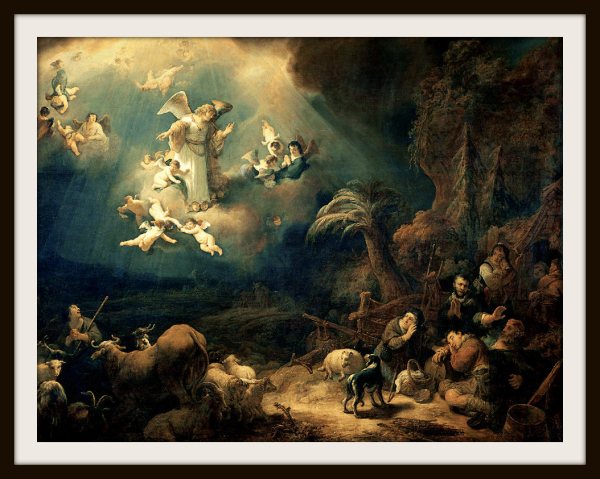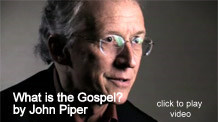A Christmas Reflection by Francis A. Schaeffer

“What Difference Has Looking Made?”
Doctrinal clarity matters a great deal; but Luke does not allow his Gospel to end merely with a proper emphasis on the necessity of the great doctrinal truths, and our study should not end there either. Before his ascension Jesus told the disciples “that repentance and remission of sins should be preached in his name among all the nations, beginning at Jerusalem” (Luke 24:47). Orthodox doctrine must be proclaimed.
When the shepherds had seen the baby Jesus, “they made known abroad the saying which was told them concerning this child” (Luke 2:17). Just as the shepherds’ proclamation was spontaneous, carrying out Jesus’ final instructions should be natural to us. If we really believe the truth of the gospel, we should voluntarily declare it. The spontaneity of telling part of the Christmas story.
Yet it is intriguing that the telling is not the final emphasis. The next to the last verse of the Gospel of Luke tells us that the disciples “worshiped him” (Luke 24:52). The doctrinal reality and the telling of it are never allowed to stand alone; in tremendous balance with it exists worship, personal relationship.
The same thing was true in Bethlehem, in this case with the wise men and the baby Jesus, for “they fell down, and worshiped him” (Matt. 2:11). They did not only bring frankincense and myrrh; they really worshiped.
But even worship is not the end of the matter. After Christ’s resurrection and ascension the disciples “returned to Jerusalem with great joy” (Luke 24:52). Joy is part of this, too. Certainly the shepherds were glad. the angel had said to them, “Fear not; for behold, I bring you good tidings of great joy, which shall be to all people. For unto you is born this day in the city of David a Saviour, who is Christ the Lord” (Luke 2:10, 11).
This does not mean a stupid kind of happiness or a sick smile, nor does it mean there are no tears or that things in this world are not as bad as God says they are. This joy is connected with the reality of our knowledge of who Jesus is, our relationship with Him and our worship of Him.
Imagine you are a shepherd on the hillside, and when the heavenly host appears you are not to be afraid; you are to have joy.
It is the same with all the teaching of the Gospel which flows from the event when the shepherds saw and heard the angels, when they ran down the hill and looked upon Jesus. And at the end of Luke’s gospel, while not despising the doctrine or the telling of it, the central thing is worshiping the Lord–not coldly, but with joy. It is tremendous that the closing of the gospel of Luke fits so perfectly with the second chapter: “I bring you good tidings of great joy.” “And they worshiped him…with great joy.”
Francis A. Schaeffer







